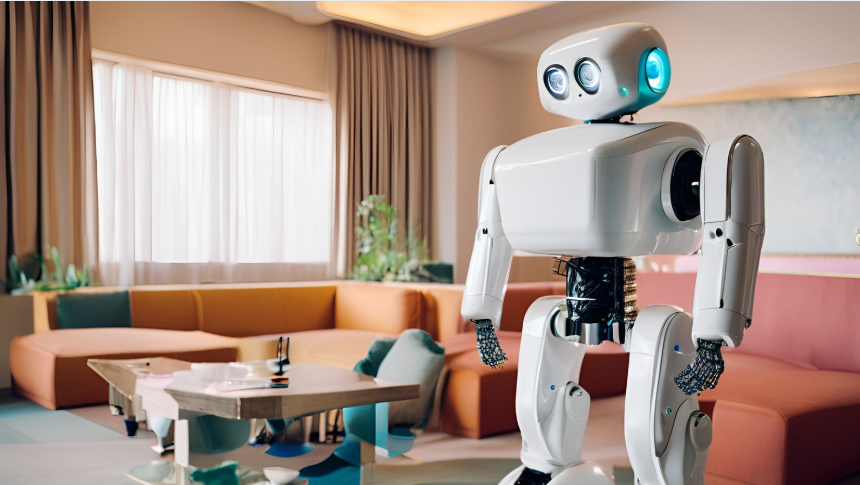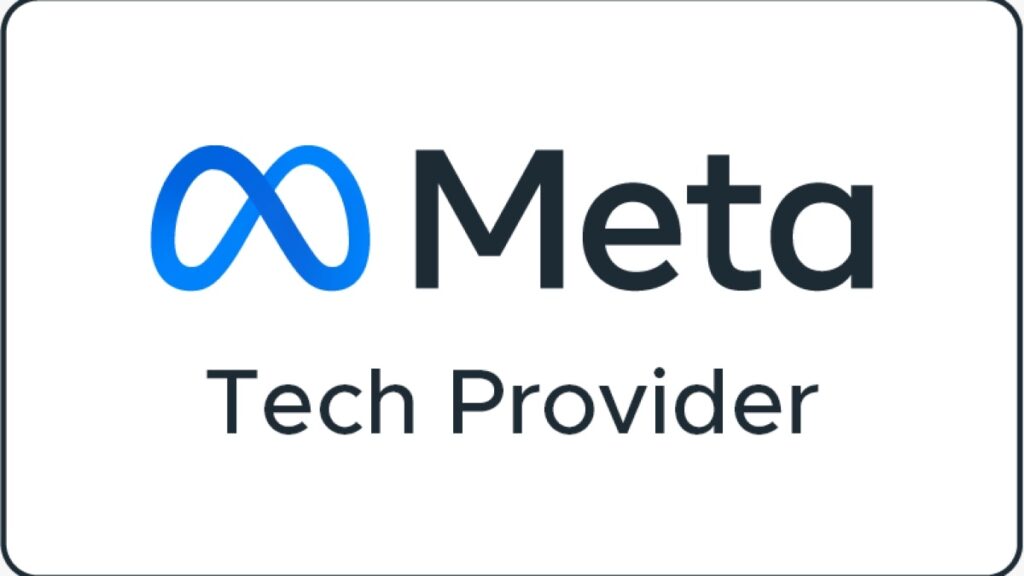13 Jan

In recent years, the hospitality industry has been gravely impacted by what is growing labor crisis, as labor shortage has become a real critical issue for businesses around the world. However, this was made worse by COVID-19 pandemic which made many hotels, restaurants and other hospitality services actually struggle to meet customer expectations. As innovative solutions to geographic labor challenges, robotics and artificial intelligence (AI) are stepping in. AI and robotics are making a huge impact on how the hospitality facility runs — from streamlining operations to improving guest experience.

In this blog, I aim to look at how robotic automation and AI Customer service are transforming the hospitality industry and offering badly needed relief to labour stricken businesses.
- Automation of repetitive tasks:
AI customer service has emerged as a game-changer for the hospitality industry, especially in addressing labor shortages is by automating mundane and repetitive tasks that otherwise would’ve been done manually. For example, robotic vacuum cleaners are increasingly found in hotels, using vacuums and programmed to clean rooms as well as public spaces requiring little to no human intervention. Likewise, AI enabled systems can perform tasks such as inventory management, data entry, and billing processes freeing up employees to work more value driven assignments.
Automating improves efficiency, however not only does it spare you time, but it also helps in cutting costs, allowing people to do more with less.
Examples: AI chatbots for customer service, automated check-ins, and contactless payment solutions.
- Improving Guest interactions with Chatbots powered through AI
The backbone to the hospitality industry is guest satisfaction and AI chatbots are helping businesses create peaceful guest experiences. From simple tasks like answering frequently asked questions, managing customer room service requests or travel recommendations, chatbots can do a lot.
AI customer service tool can help hotels achieve 24/7 service with no burden on their employees. If you want to know what the benefits of using reservation chatbots are, read the post “Why Your Hotel Needs an AI Reservation Chatbot.
- AI in Workforce Management
AI is also playing a major role managing staff schedules efficiently. AI driven workforce management platforms are able to predict when peak demand periods will be, and optimize staff schedules, and help with recruiting the right talent. That way, businesses are overstaffed when busy, but not overburdened by their team members.
Additionally, these are systems that provide actionable insights to employee performance and satisfaction while at the same time creating a more engaged and productive workforce.
- On Site Operations Smart Robots
In their role to support and complement human tasks, robots are being deployed more and more on site. “Robotic automation are also being used in hotels to get food delivered and toiletries and other necessities directly to the guest’s room. Robot servers are used in restaurants experimenting with the idea of delivering the food to the empty table instead to mitigate the human servers’ strain during peak hours.
They are created to work in conjunction with a human staff to achieve a balance between human and tech based personal service.
- AI-Driven Personalization
With AI, done right, hyper-personalized services are the lifeblood of the sustainable guest experience in an industry where it is everything. AI customer service use guest data from past bookings, preferences and guest feedback and build a personalised experience for the guest. For instance an AI system can suggest to a customer provided high room upgrades or recommend local attractions and propose personalized discounts to loyal customers.
Personalization goes beyond pleasing your customers’ experience, and it keeps them loyal, and returns them to buy things again.
- Operational Efficiency Improved
Back end operations are being helped by AI customer service and robotics automation: energy management systems to supply chain optimization. Energy consumption is controlled using smart sensors and AI driven platforms in real time to maximize resource usage. At the same time, this also helps to reduce operational costs and match the growing calls for green businesses.
Robotic automation for supply chain is provided with automated inventory tracking and restocking process to ensure timely availability of supply in required quantities thus reducing errors.
- Safety and Hygiene Standards addressed.
This is especially important for the hospitality sector as that has been further enhanced by the pandemic. With Robotic automation using UV-C light technology that is now used in robots to disinfect rooms and public spaces guarantee clean and safe environment for guests and staff. Such compliance monitoring can also extend to AI systems, which can monitor if people are social distancing or not wearing a mask, for instance.
Conclusion
AI and robotic automation are not simply solving hospitality’s labor problems, they are transforming hospitality itself. These technologies take the routine tasks from the business and allow them to focus on guest interactions and improve on operational efficiency, even if you have limited staff. As the industry grows and devolves Investing in AI customer service solutions is no longer optional for hotels looking to stay competitive
Learn more about how AI customer service is influencing this sector on our blog ”Bridging the Gap: How to Combine Automated and Human Customer Service for Maximum Efficiency”

